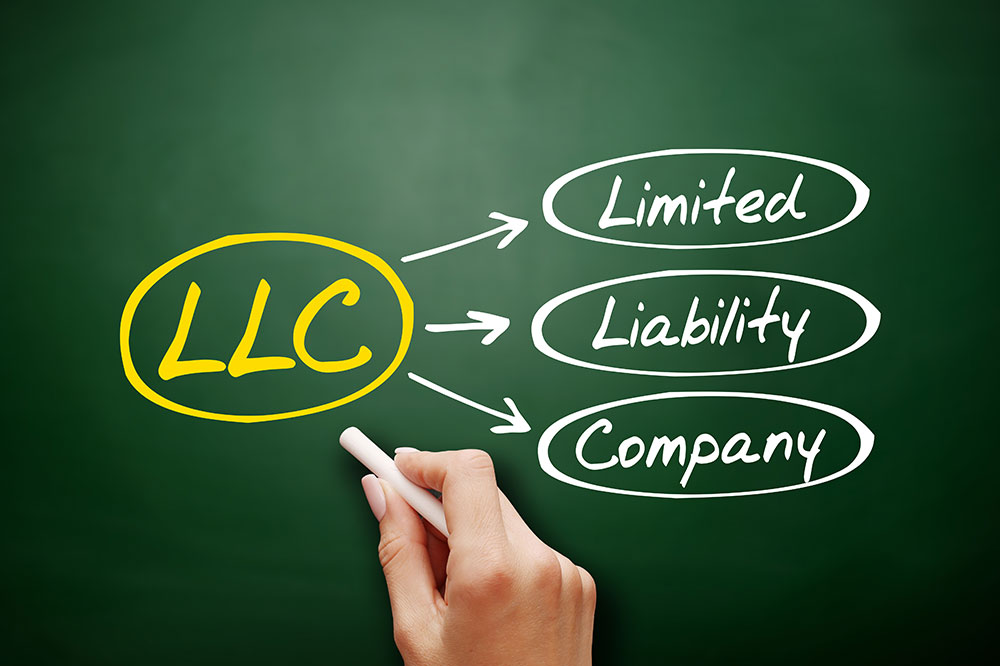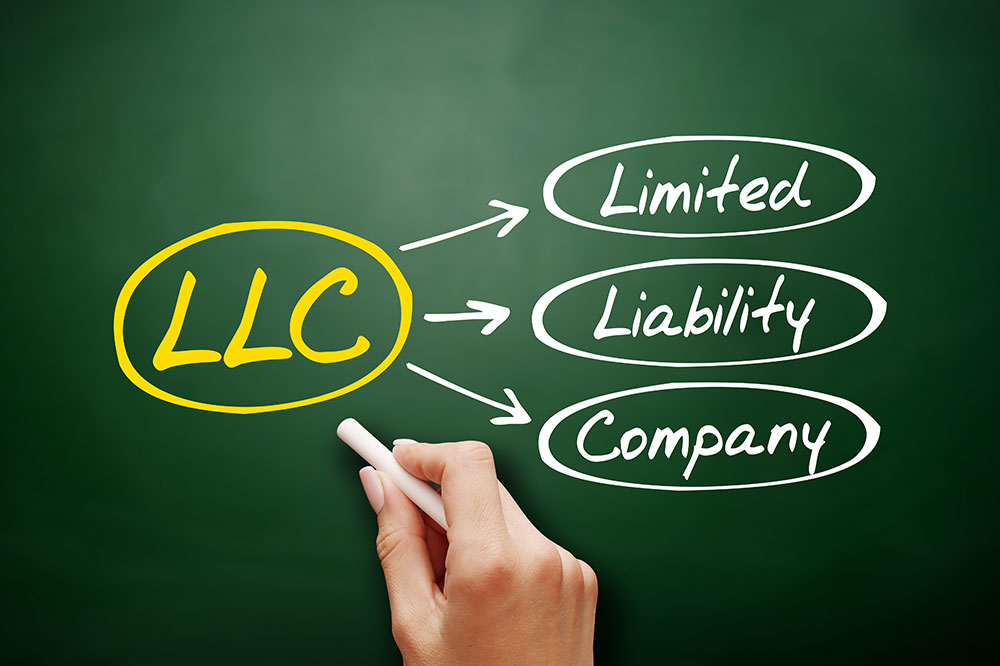Comprehensive Guide to the Pros and Cons of Limited Liability Companies (LLCs)
This comprehensive article explores the advantages and disadvantages of Limited Liability Companies (LLCs). Highlighting key benefits like tax flexibility and ease of setup, as well as challenges such as fundraising and ownership transfer complexities, it provides entrepreneurs with essential insights for selecting the right business structure. Perfect for small business owners, this guide ensures informed decision-making to support lasting success.

Understanding the Advantages and Disadvantages of Limited Liability Companies (LLCs)
In the rapidly evolving landscape of small business management, choosing the right business structure is critical for long-term success. Among the various options, the Limited Liability Company (LLC) has gained immense popularity in the United States due to its unique blend of simplicity, flexibility, and protective features. This comprehensive guide explores the detailed advantages and disadvantages of LLCs, helping entrepreneurs and small business owners to make informed decisions when establishing their companies.
What is an LLC?
A Limited Liability Company (LLC) is a hybrid business entity that combines the liability protection offered by corporations with the tax flexibility and operational simplicity of partnerships. The structure is designed to protect personal assets from business liabilities while allowing profits and losses to pass directly to owners' personal tax returns. This makes LLCs an attractive option for small business owners seeking limited liability without the complexity of managing a corporation.
The Key Benefits of LLCs
1. Favorable Tax Treatment
Perhaps one of the most appealing features of LLCs is their tax flexibility. The IRS treats single-owner LLCs as disregarded entities, and multi-owner LLCs as partnerships. This means that income generated by the LLC is not taxed at the entity level but passed through directly to owners, who report it on their personal tax returns. This avoids the double taxation scenario typical of traditional corporations, where profits are taxed at both the corporate and shareholder levels. Additionally, LLCs can opt to be taxed as S corporations or C corporations if advantageous, providing further flexibility in tax planning.
2. Ease of Formation and Maintenance
Establishing an LLC is notably straightforward and cost-efficient compared to forming a corporation. Generally, it involves filing the Articles of Organization with the state authorities and paying a registration fee that ranges between $50 and $500 depending on the jurisdiction. Unlike corporations, LLCs do not require complex meetings, minutes, or shareholder approval processes, making startup and ongoing compliance less burdensome. An operating agreement, while recommended for outlining management responsibilities and profit sharing, is often not legally mandated in many states.
3. Operational Flexibility and Privacy
LLCs provide owners with the flexibility to determine profit shares and distribution methods, provided they abide by IRS rules. Furthermore, in some states, LLCs offer a degree of privacy by not requiring the disclosure of member identities in formation documents, which can be advantageous for owners seeking confidentiality.
The Drawbacks of LLCs
1. Difficulties in Raising Capital
While LLCs offer many advantages, they can face challenges when it comes to attracting investors. Unlike corporations, LLCs cannot issue shares of stock, limiting options for raising funds through equity investment. Adding new members is an option but may complicate ownership structure and decision-making. Debt financing poses another challenge, as many banks and lenders view LLCs as less established entities and may impose stricter lending criteria, hindering access to capital for growth and expansion.
2. Profit Distribution and Taxation Challenges
LLC owners are required to distribute profits annually or reinvest them into the business. Unlike corporations that can retain earnings for future reinvestment, LLCs generally distribute profits directly, which are then taxed as personal income. This can lead to higher self-employment taxes, approximately 15%, significantly impacting net earnings. Proper planning and distribution strategies are necessary to optimize tax liabilities and ensure compliance.
3. Limited Life and Ownership Transfer Complexity
Many LLCs are organized with a limited lifespan, often defined in their operating agreements or state laws. Additionally, transferring ownership interests can be complicated and may require approval from other members, which could involve legal and administrative costs. Certain professional sectors, such as banking or insurance, legally prohibit operating as LLCs, constraining options for some entrepreneurs. Moreover, LLCs often do not provide the same employee benefits offered by corporations, which could affect talent acquisition and retention.
In conclusion, LLCs are an excellent business structure for many small to medium-sized enterprises due to their inherent simplicity, flexibility, and liability protection. However, potential challenges regarding capital raising, profit distribution, and ownership transfer must be carefully evaluated. Entrepreneurs should weigh the benefits against the limitations and consider consulting legal and financial professionals to align their choice with their business goals and growth strategy.





